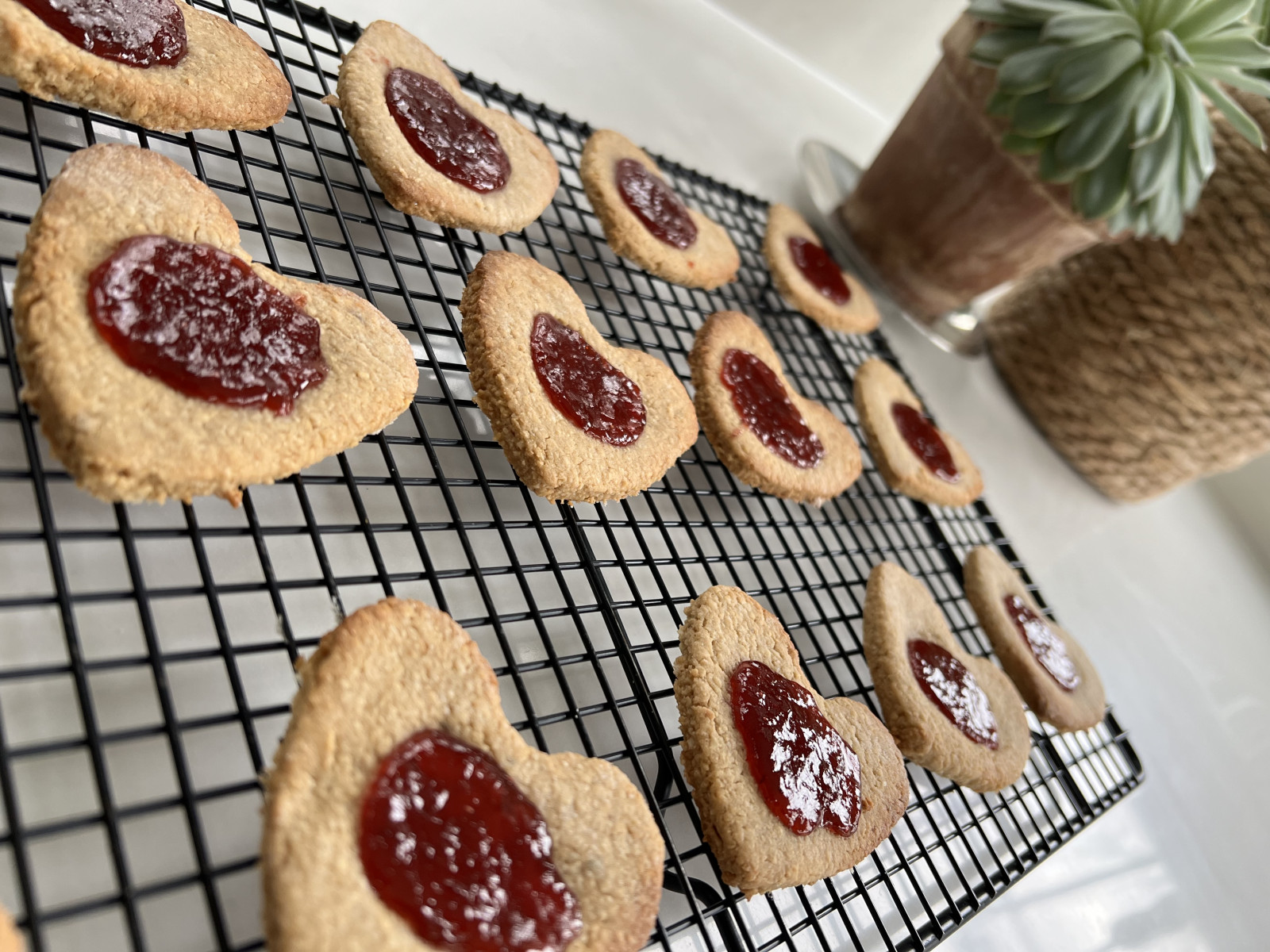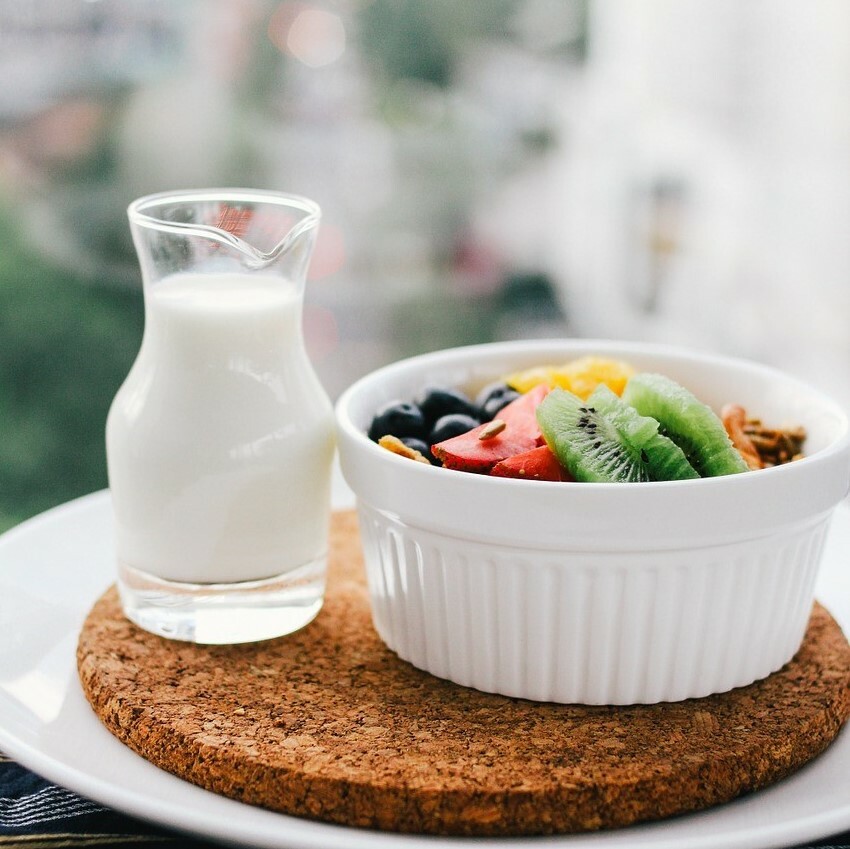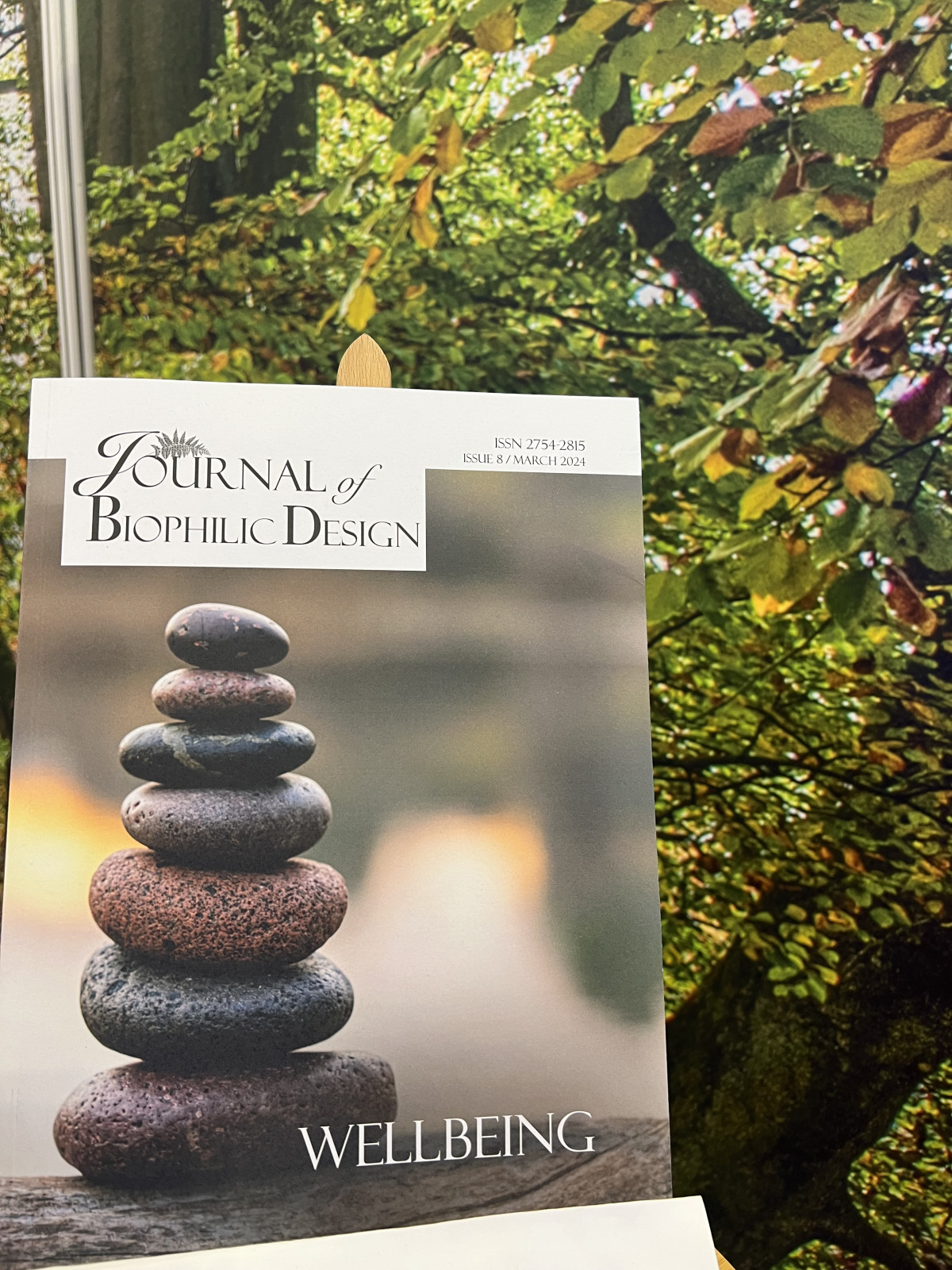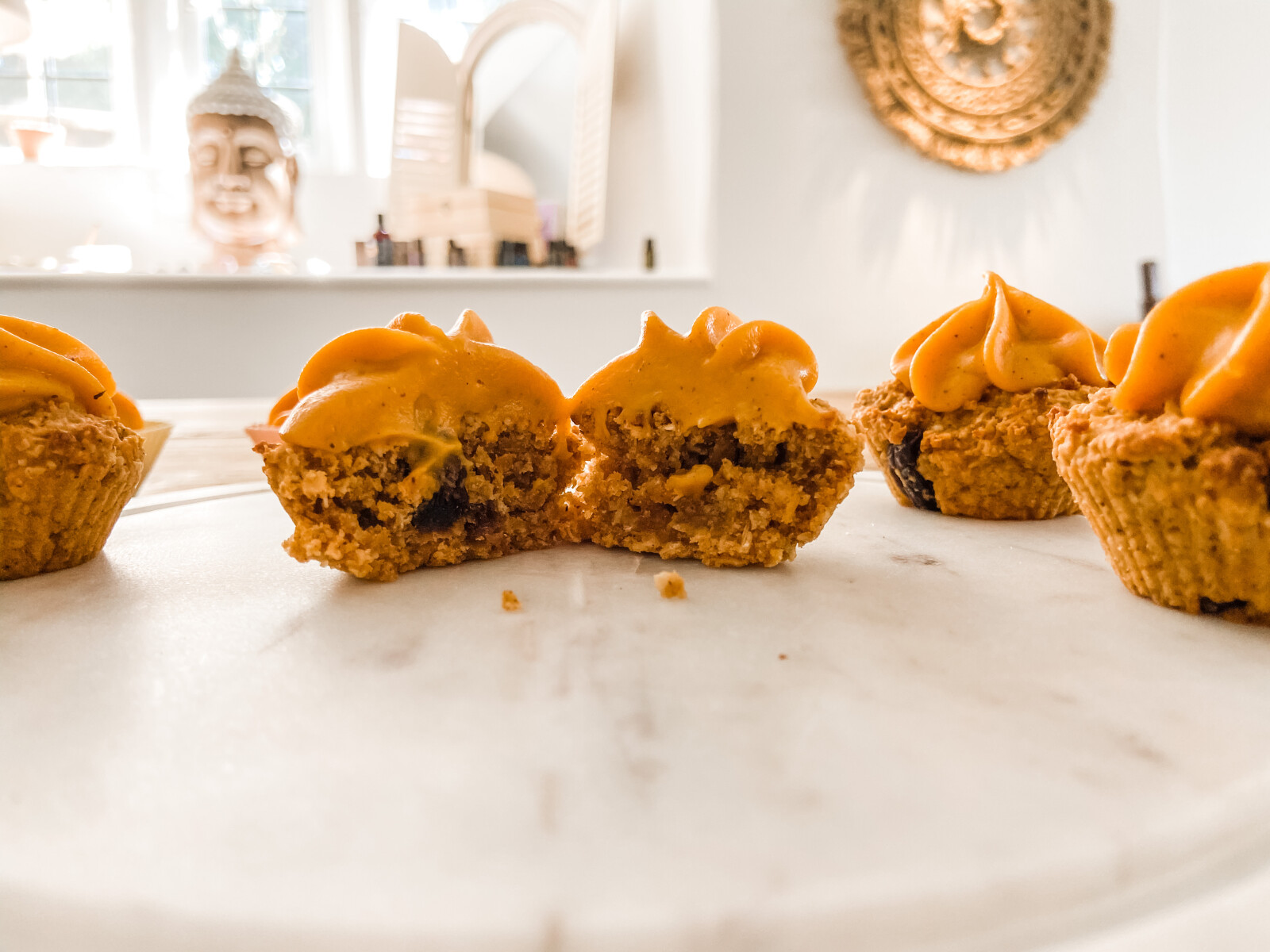
Want to ‘spring’ out of bed every morning and feel focused, productive and on top of your A game?
Feeding your body foods that nourish and fuel those busy days can mean the difference between a super day or a sofa kinda day.
Just a few days of eating highly processed, sugary foods can have you feeling lethargic and heading to the sofa for a nap.
Check out my top tips below on powerful eating to fuel your body in a balanced way and prevent those energy slumps so you can feel ready for taking action this year!
- Start the day the right way with the right breakfast. Depending on your age, wellness goals and lifestyle, this will be different for everyone. But everyone should make sure it packs a protein punch! Protein takes longer to digest than refined carbohydrates, so you’ll feel fuller for longer and your blood sugar levels will remain more stable, which reduces the chances of an energy crash before lunchtime. A recent study also found that those who ate a high protein breakfast were less likely to binge on high sugar and fatty foods at night time than those who ate cereal or skipped breakfast altogether.
- The best energy drink you can get is H²O! As simple as it sounds, one of the most important things we can do to stay energised is to drink enough water throughout the day to prevent dehydration setting in, which can lead to feeling fatigued. Keep a bottle with you throughout the day and sip more during your workouts, since you lose water through breathing and sweating.
- As tempting as it might be, don’t resort to high sugar drinks and foods for an energy boost. Simple refined carbohydrates like white pasta, bread, pastries and cakes will break down in the body quickly and result in a spike in your blood sugar levels which then ultimately will turn into an energy crash as your body works to return the body back to balance. Instead, choose complex carbs found in wholegrain bread, beans and vegetables that release energy slowly and are also packed with vitamins and minerals and high fibre so you’ll feel a more balanced and sustained energy throughout your day.
- Snack smarter. Don’t be scared of snacking once a day, it can be a great way of preventing overeating at mealtimes. But be sure to choose the right snacks to help maintain those blood sugar and energy levels. Try snacking on high protein and high fibre foods such as eggs, nuts, hummus and vegetables rather than crisps and biscuits that will lead you into the vicious circle of energy high followed by an energy crash.
- Eat smaller but regular meals if you find you need a nap after mealtimes. Big meals can lead to big energy zappers as your body works to digest the food you’ve eaten. This can lead to too much blood flow to your intestines and insufficient amounts for energy, guaranteed to bring on the big snooze! You may also want to eat more calories earlier in the day and less at dinner time as some people find they can process meals better at this time and have also reported improved quality of sleep as their body has finished digesting food well before bedtime.
- And if you usually inhale your food whilst multi-tasking, consider taking a break and eating with friends, family or co-workers face to face. Not only will more mindful eating help your body digest the food you are eating better, but if you choose your lunch buddy carefully they could have a positive impact on your eating habits too as a friend’s health kick can be contagious and encourage you to make more positive food choices too.
Written by
Kate Cheer - Wellness Coach, Personal Trainer & Founder of MEvME Wellness









